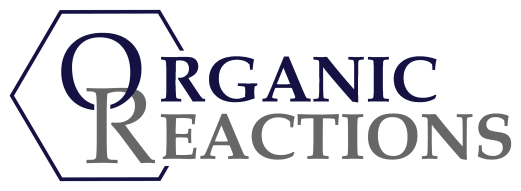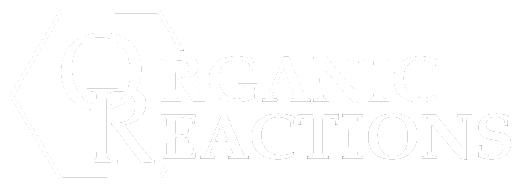Catalytic, Enantioselective, Copper-Boryl Additions to Alkenes
Abstract
Enantiomerically enriched organoboron compounds are of considerable utility in organic synthesis. Unlike other organometallic reagents (e.g., R–M, M = Li, Al, Mg, or Zn), boron-containing hydrocarbons possess a number of desirable properties that include air, moisture, and configurational stability in addition to ease of preparation and exceptional functional group tolerance. Multicomponent, C–B bond forming reactions, catalyzed by readily accessible, copper-based complexes, have recently emerged as an attractive option for efficient, chemo-, regio-, diastereo- and enantioselective generation of multifunctional organoboron compounds. These processes typically begin with the addition of a copper–boryl complex to an alkenyl site, generating a copper–alkyl intermediate that then reacts with an electrophile. The focus of this chapter will be these transformations. A brief analysis of the key mechanistic nuances that impact the observed selectivity will be followed by an overview of the scope and limitations of the various strategies and their applications to the synthesis of bioactive molecules.

